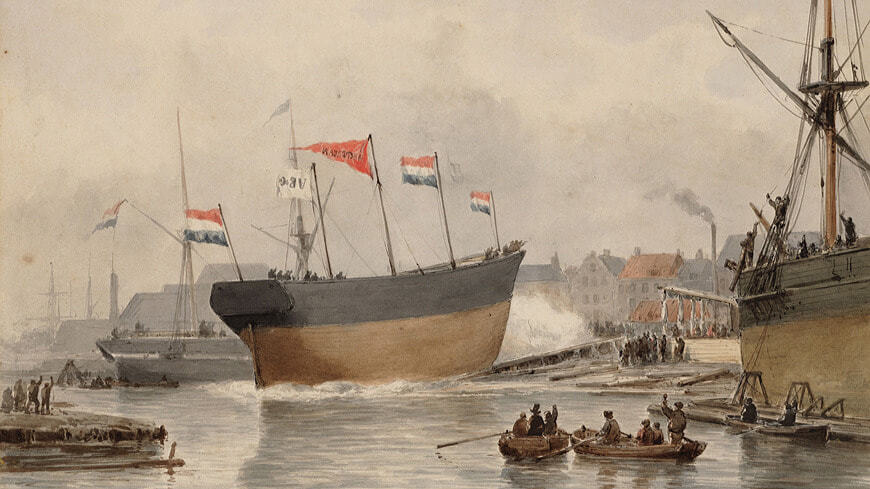Distributorship - in the Netherlands
What are the laws in the Netherlands on distribution contracts?

What is a distribution agreement?
A distribution agreement is a contractual arrangement in which a distributor purchases goods from a supplier and sells them on to third parties in his own name. A distinction is often made with commercial agency agreements, in which an agent acts as an intermediary for a principal, when selling the goods in question.
Distribution agreements are a valuable strategy for businesses planning on entering new markets, particularly those reaching beyond national boundaries. As distribution agreements can amass a great deal of complexity, it is advisable to acquire legal advice when pursuing and entering into this type of contract.
What elements are needed for a valid distribution agreement in Holland?
Distribution agreements are not specifically addressed under Dutch law, and instead, are covered under the umbrella of contract law. The most important principles in constructing these agreements is reasonableness and fairness, both of which serve as an influence in how a distribution agreement is formed and the resulting obligations of the parties. For example, in creating an agreement, a party must take reasonable care to ensure that the other is not induced into entering the agreement through false pretences or an incorrect understanding of the circumstances.
The parties to a distribution agreement must be sufficiently competent to enter into the contract. This is assessed from a legal perspective, for example, in relation to mental capacity and age. Further, an agreement must not be to the detriment of public order, or contravene the mandatory laws or business ethics (mainly competition law) within the industry in question. These rules are limited, in line with emphasising the contractual freedom of a supplier and distributor. However, the Issues outlined above can easily arise without undertaking any legal consultation and the contract can be deemed void by the courts as a result.
Under Dutch law a distribution agreement need not be in written form, but it is always advised to do so, particularly if such agreements are of substantial financial value or duration. It is also imperative that Companies in The Netherlands register their business with the Trade Register in their relevant local Chamber of Commerce.
The types of distribution agreements
Generally, there are considered to be four main types of distribution agreements. These are:
- exclusive distribution agreements - this grants the distributor an exclusive right to sell the purchased goods in the territory stipulated in the agreement. Any other parties, including the supplier, are barred from selling the same goods in the outlined area
- non-exclusive distribution agreements - the distributor has no exclusive right over any territory, in selling the goods. Thus, the supplier can form similar agreements with other parties
- sole distribution agreements - the distributor is the only legitimate holder of the rights to sell the goods in a certain territory, other than the supplier themselves
- selective distribution agreements – whilst the distributor is not the sole seller active in a certain territory, a selective agreement ensures the number of possible distributors is limited.
The obligations and rights under distribution agreements
What are the obligations and rights under distribution agreements under Dutch law?
The rights and obligations under a distribution agreement in the Netherlands must be clearly identifiable, or at a minimum, the criteria to fulfil them should be present. The essential elements of distribution agreements under Dutch law are:
- the distributor’s territory
- exclusive or non-exclusive distribution rights held by the distributor
- minimum targets the distributor must reach
- all products covered under the distribution agreement
- terms of payment
- duration of the agreement
- shipping and dispatching of the goods and
- the termination of the agreement.
Termination of a distribution agreement
How do you terminate a distribution agreement under Dutch law?
The procedure to follow in terminating a distribution agreement is normally contained in a provision of the contract itself. This is mainly achieved by simply outlining the duration of the agreement, in which a termination period for notice is included.
When an agreement has been left open-ended by the parties in terms of duration, then termination of that agreement can be sought on the basis of Dutch case law. A notice period for the termination will still need to be respected and reasonable compensation should be granted in line with the financial value and duration of the contract.
Termination may also occur as a result of a repudiatory breach of the contract, where one party has been substantially deprived of their expected benefit from the contract, due to the failure of the other in carrying out their obligations. This termination can be immediately effective without the need for a notice period, due to the seriousness of the breach.
